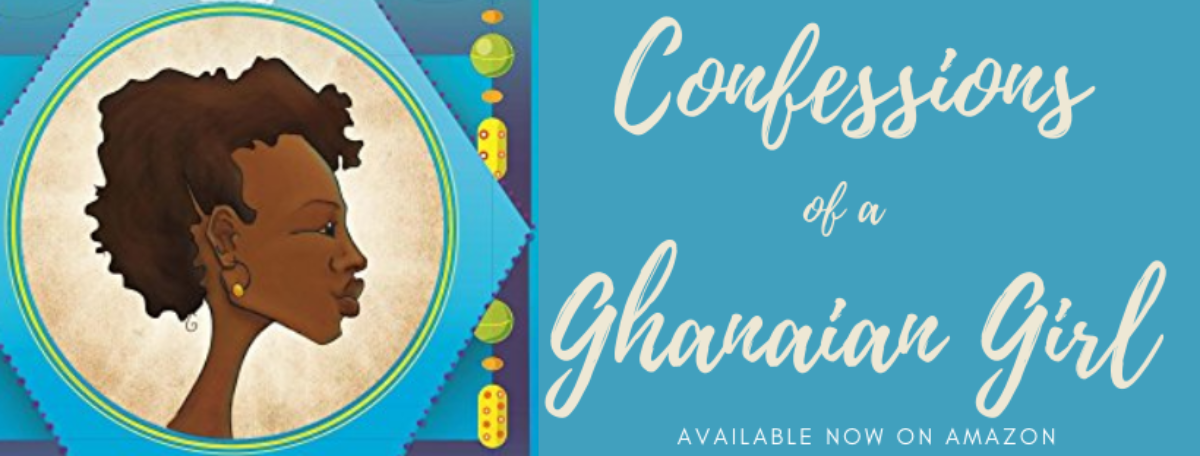“This is not fiction”, “This is not fiction” were the words I kept repeating to myself while listening to and reading this book. Anthony Ray Hinton is a man who was wrongly accused of two counts of murder and sentenced to death row. I have been emotionally battled in the three days of reading this story. I could not hold back the tears, the anger, the laughter, the joy this book embodied. In a place where hope is not meant to be nurtured, how do you find and keep hope and hold on for thirty years. What was the motivation of the state of Alabama in keeping an innocent man in jail? The scary part of all this is that the person who committed the crimes went on carrying them. What was the point to be proven? I realise the 80s was a critical period for blacks in Alabama where if black people could not be openly oppressed then the “legal” ways of lynching were devised.
The sun does shine has taught me to reflect critically on and appreciate the power of the mind. It is possible to not allow your physical or visible circumstances to kill your soul. If Ray had given up, his story would have never been told. Never give up.
“Hope to keep on fighting, to keep on living, to believe that you can change, or your situation can change. Remember none of us are the worst thing we have done, and right now, wherever you are, whoever you are, you can reach out to your fellow man or woman and bring your own light to the dark places.”
“I want you to know that I’m fixing to go. I’m leaving here. It took me thirty years to get to this moment. It may take thirty-one years for you. It may take thirty-two or thirty-three or thirty-five years, but you need to hold on. You need to hold on to your hope. If you have hope, you have everything.”
I’ve never been one for the death row because I believe no one is beyond redemption. This book makes that also clear. I need to be more supportive of initiatives such as Equal Justice Initiative. I think there is no greater calling then Byran Stevenson’s work, but then again, why does he have to be doing such work. Why should the state not be doing everything in its power to ensure no (innocent) human being ends up on death row. Justice should not be a preserve of the rich. Perhacs was never motivated by Ray’s innocence. Money was his motivation. He wanted to cash out on Ray and even render his mother homeless.
“To be sure, the death sentence must never be carried out in a way that allows the innocent to die.”
“They said it was a waste of time. A stay was granted one day before my hearing, and the attorney general said in his brief that I should be blocked from establishing my innocence because it would “waste three days or two days of taxpayer money.”
I like that the book gives voice to Henry Hays and how (black) hate is passed on from generation to generation. This is very well visible today, and I wonder the benefits this hatred yields for such families. Imagine how much black people could contribute to the US if they were not prejudiced by systems driven by hate.
“McGregor passed away, and he wrote a book before he died. He mentions me in the book and says how evil I am. How clever a killer I was. How he knew just from looking at me that I was guilty. I forgive him. Someone taught him to be racist, just as someone taught Henry Hays.”
May we not give up in any situation we find ourselves, but also remember to stand up to those who believe they hold the keys to our lives. May our lives be filled with people like Lester and Bryan, and never give up hope like Ray.
“Life is a crazy, strange mix of tragedy and sorrow and triumph and joy.”




